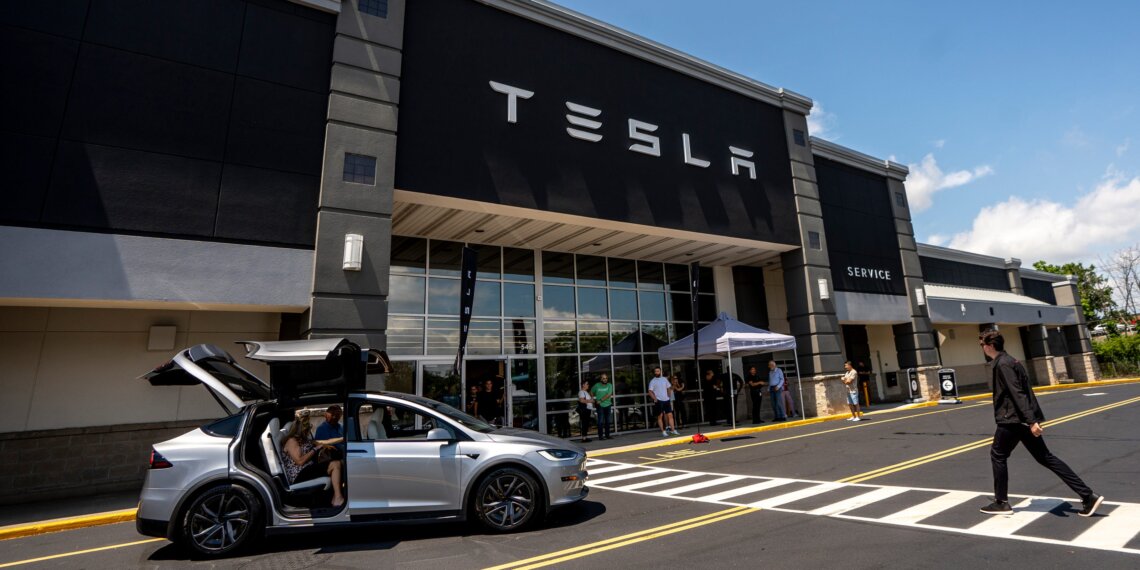The company Tesla will experience its most significant quarterly revenue decrease since 2010 because of fierce electric vehicle market competition and delayed product releases and negative reactions toward CEO Elon Musk. The company faces investor doubts about how CEO Elon Musk’s political activities affect the core business operations of the electric car manufacturer.
The main concern for investors revolves around Tesla’s autonomous taxi program which started its limited testing phase in Austin Texas. The pilot program received praise from supporters yet it encountered regulatory challenges and system malfunctions. The investor community wants Tesla to provide details about its plans to expand the service to additional cities.
The future of Tesla’s planned budget electric vehicles remains a central point of interest for investors. The company abandoned its new platform development to focus on robotaxi technology which created uncertainty about when customers can expect more affordable models. The delivery projections for the budget car in 2025 have been reduced by analysts.
The Q2 sales figures for Tesla’s Model Y and Model 3 vehicles decreased by 13.5%. The refreshed versions of the vehicles failed to boost demand because of strong price reductions.
The financial community predicts a 11.2% decrease in Tesla’s annual revenue while investors want to understand the company’s strategies for recovery and margin control in the face of rising operational and political challenges.










